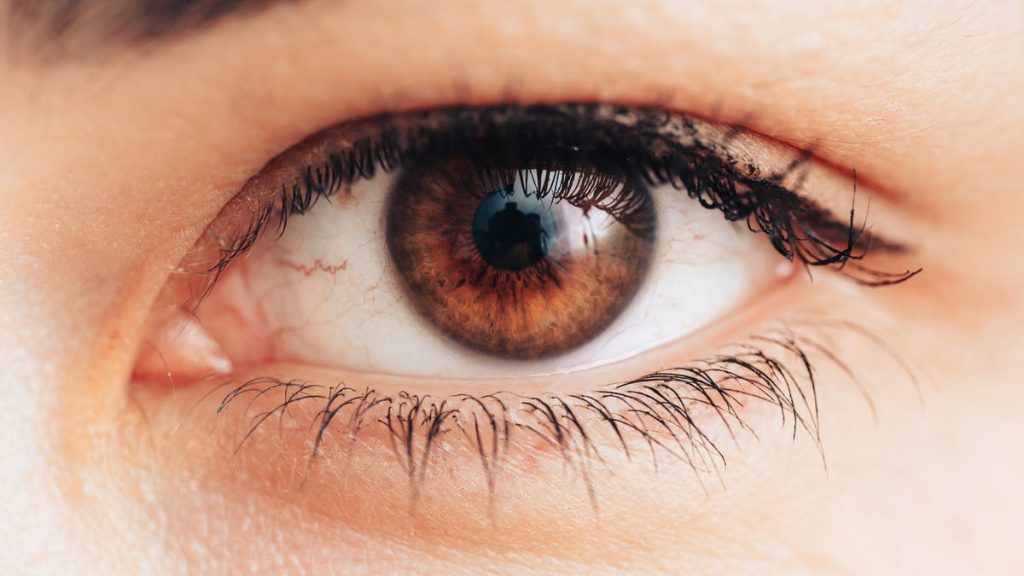Maintaining healthy vision is crucial for overall well-being, yet it’s often taken for granted until problems arise. The American Academy of Ophthalmology forecasts a significant increase in vision issues in the coming decades, highlighting the importance of proactive eye care. While age and genetics play a role, many everyday habits contribute to vision decline. Addressing these habits and adopting preventative measures can significantly reduce the risk of developing serious eye conditions. Regular comprehensive eye exams remain essential for early detection and management of potential problems.
One common detrimental habit is using expired makeup, particularly mascara and eyeliner. These products harbor bacteria and mold, increasing the risk of eye infections. Consumers should adhere to the Period After Opening (PAO) guidelines printed on product packaging. Mascara typically has a lifespan of three months after opening. Proper storage is also crucial to prevent bacterial growth. Storing makeup in cool, dry places away from direct sunlight can prolong its usability and minimize contamination. Neglecting these practices can lead to various eye diseases and infections.
Another harmful habit is reusing contact lenses, a seemingly cost-effective measure that can have significant long-term consequences. Reusing lenses increases the risk of Acanthamoeba keratitis, a severe eye infection that can lead to vision loss or even blindness. Daily disposable lenses are a safer alternative, significantly reducing infection risk. Furthermore, improper contact lens hygiene, such as sleeping, showering, or swimming with lenses in, elevates the risk of corneal ulcers caused by bacterial, fungal, or parasitic infections. Rubbing the eyes while wearing contacts can also introduce bacteria and cause irritation. These practices can result in permanent vision damage.
Protecting eyes from harmful ultraviolet (UV) rays is paramount, yet often overlooked. Similar to the skin, eyes require protection from the sun’s radiation. Wearing sunglasses with 100% UV protection is crucial, even on cloudy days. Prolonged UV exposure contributes to macular degeneration, cataracts, pterygium (a growth on the conjunctiva), and eyelid skin cancer. These conditions can be irreversible or require surgical intervention. Individuals working outdoors are particularly vulnerable and should prioritize consistent UV protection.
Protective eyewear is essential not only for outdoor activities but also during sports or tasks involving potential eye injuries. Thousands of work-related and sports-related eye injuries occur daily, many of which are preventable with proper eye protection. These injuries can range from foreign objects entering the eye to blunt trauma. Wearing appropriate safety goggles or protective eyewear can significantly reduce the risk of such incidents, safeguarding the delicate structures of the eye.
Smoking poses a significant threat to eye health, compounding the numerous other health risks associated with this habit. Smoking doubles the risk of macular degeneration, a leading cause of vision loss, and increases the likelihood of cataracts, which cloud the eye’s lens. Smokers are also more prone to retinal damage. Quitting smoking is crucial for preserving vision and overall health, reducing the risk of these sight-threatening conditions.
Excessive screen time, a ubiquitous aspect of modern life, contributes to digital eye strain or Computer Vision Syndrome. Prolonged exposure to computer screens, smartphones, and tablets causes eye dryness, blurred vision, headaches, and backaches. Regular breaks from screens are essential to alleviate eye strain. Specialized computer glasses can also help mitigate the effects of prolonged screen use. Regular eye exams are vital for identifying potential eye problems and ensuring appropriate corrective lenses are prescribed. By addressing these common habits and prioritizing preventative measures, individuals can significantly reduce the risk of developing vision problems and maintain healthy eyesight throughout their lives.

